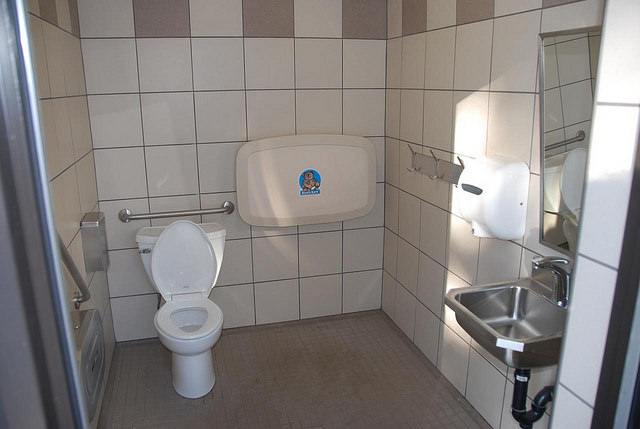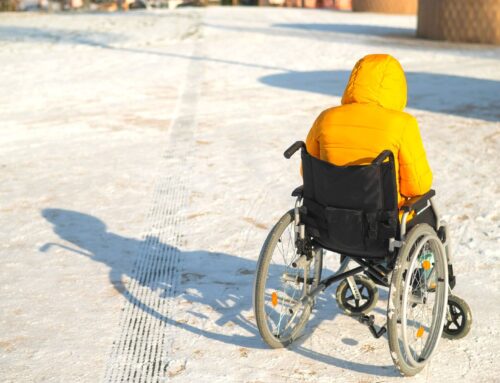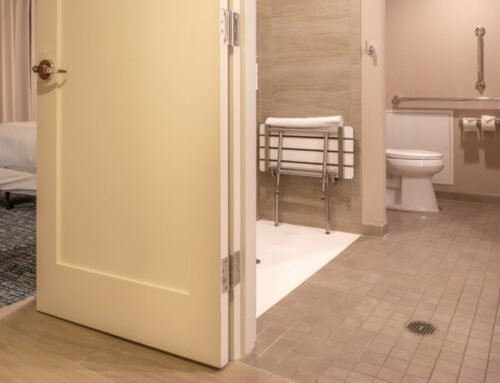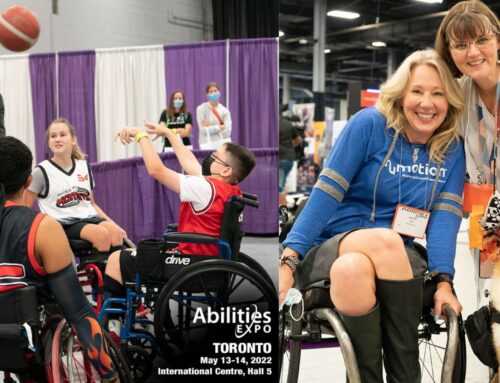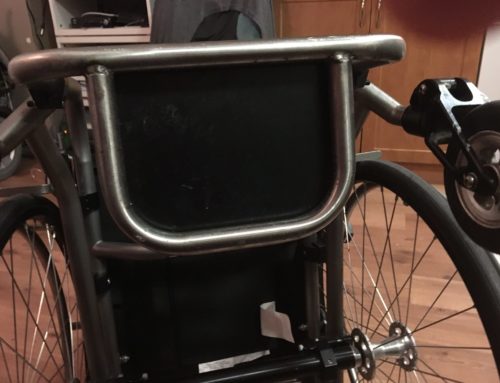Things People Living with Disability Can’t Take for Granted
Living with disability can make things that able-bodied people take for granted very hard to achieve. Take for instance:
Independence
I don’t mean this in a metaphorical, abstract and autonomous way. Although if I wanted to, I could write a convincing argument for that as well. In this case, I mean independence in the literal sense, in respect to very simple aspects of daily life.
Take for instance, cutting food, tying your shoes and the ever important being able to use your own legs to reliably carry you wherever you want to go. There are very few people — who are not small children or senior citizens — that need help with the former two things, unless they struggle with illness or disability.
Imagine having to be dependent on a battery powered electric wheelchair as your only means of independence. If your cellphone dies, it’s inconvenient; it doesn’t make every aspect of life impossible to manage. It does for someone who relies on a battery powered wheelchair.
Now, imagine for a second that you, a proverbial able-bodied person, broke both your legs. It may take upwards of a week for an appointment to see your doctor and another two months to have the corrective surgery that will allow you to walk or do anything independently again. You’re simply told you must just manage living with a disability in the meantime, albeit temporary.
Privacy
Can you imagine having to use the toilet, or shower or groom yourself with an audience? I’m not talking like a boyfriend or girlfriend or spouse that you live with, I’m talking about having to have people, most of whom you don’t have the luxury of knowing very well, helping you with intimate aspects of personal care.
Sure, if you’re lucky, you have the same small group of caregivers for a long time and you build friendships and rapports with them. If not as lucky, imagine having to be naked in the presence of someone you just met, or needing your parents’ help well into adulthood.
Recently, I was visiting family in another province and staying at an uncle’s apartment. We discovered when we arrived that my shower stool did not fit in the bathtub horizontally. This meant it had to be put in vertically and I had to sit facing the wall. For the first time since childhood, my mother had to literally wash me –my body and my hair. The only thing I could manage on my own was my face.
It took my mother, my aunt and my father to safely get me in and out of the tub. Yes, I was with family, and yes I’ve been living with disability all my life, I am very used to needing help, but I was so embarrassed. Transferring in and out of the tub was so difficult – I almost couldn’t breathe.
When my mom noticed that I was upset, she made a joke about her experience in hospitals, and how a patient of hers had long since checked her dignity at the door whenever she was staying in hospital. My mother meant to make me feel better I know, but when she left the room, I cried.
Requiring such highly personal help has a way of being a burden on your soul, no matter how strong you are or how good your sense of humour.
Bathroom Access
The fact that able-bodied people have the option of a) finding, and b) using a bathroom anywhere they go is a luxury most don’t fully appreciate.
Here’s what I do when I’m going somewhere new, whether it’s a restaurant, bar, concert or wedding venue or even my friends’ homes: I ask where the bathroom is and if it’s big enough that either my wheelchair can get in or at the very least I can stand at the sink and pivot to the toilet. Bathrooms in basements at public venues are a no-go, bathrooms without a wheelchair stall are a no-go.
I frequently have to be carried into and out of bathrooms by my friends, and the potential is there that they may need to help me use it as well. My friends are wonderful amazing people and they always help without asking twice. I know even the men in my life would do that without batting an eye if I really needed them to.
I go to plenty of places where I can’t use the bathroom. If I only ever went places where I could use the bathroom completely independently, I would almost never leave my home. But I like to know before I get somewhere if the bathrooms are off limits, so that I can limit my fluid intake appropriately. I wonder how often able-bodied people have to think about limiting their fluid intake before going to a restaurant or a wedding because they know that they literally can’t use the bathroom.
Public Transportation
Toronto has a pretty crappy transit system, which is ironic for a city that takes such pride in it. For all of the issues that the able-bodied majority has with the TTC on a daily basis, I see your complaints and raise you: only being able to use half the system, at best.
Only a little over half of all subway stations have elevators in them, some accessible stations with three or four inaccessible ones between them. If you are living with disability, it’s not as simple as missing your stop; often, by the time you reach the next station you can get off at, you’ve been taken significantly out of your way and are nowhere near where you need to go.
There is an elevation lift line that’s supposed to be updated twice daily, telling you which elevators are out of service –and if you’re lucky, it’s up to date. But a lot of the time, if the elevator you need is broken you’re a little screwed because unless you’re in very specific areas of the city, one broken elevator means you can’t get where you want to go, because the next elevator is way out of the way.
If you are lucky enough to live within walking distance of an accessible station and the elevator you need is the one that gets you on the subway from home –and conversely, home from your outing- you’re sadly likely to be SOL.
Bus drivers are sometimes loathe to accommodate wheelchairs, or the ramps don’t work or some other issue. I have experienced bus drivers letting everyone else on before suddenly realizing the bus is packed as tightly as a sardine can, and they no longer have room to let me on.
WheelTrans is great in a pinch but if you book any less than five days ahead, you might not have a hope in hell of getting where you need to be. WheelTrans actually requests that people do their best not to schedule outings during heavy traffic times. Essentially, they’re saying, “Please do your best to have a life between the hours of 10am-2pm, thanks!” If the bus is late to pick you up, they refuse to talk to you until they’re at least thirty minutes behind and you’re always put on hold for at least five minutes before someone will talk to you.
I called once and my bus was twenty-five minutes late and they actually told me they couldn’t help me because it hadn’t been thirty minutes and that I could call back in five minutes and they hung up in my ear. But if they show up and you’re not there? They wait five minutes before leaving and leaving a sign on the door of the entrance, with no obligation to come back and get you.
Living with disability can make having any kind of life that doesn’t involve being a hermit very hard to achieve.
Elevators
I don’t mean to imply that able-bodied people should always use the stairs. If you live or work on the tenth floor of a building, of course you should take the elevator. But for the love of my sanity I will never understand why I see a group of young, energetic, perfectly capable people standing around waiting for an elevator at a subway station or in a university building with a notorious old and slow and slightly terrifying elevator; the only one for a massive building of only five floors. Or, when I’m at the museum and upwards of twenty people cram into an elevator ahead of me so that it’s too full for me to get on – the person who actually needs it.
Living with disability often means having to consider carefully every task you want to complete and every action required to do so in advance. Most able-bodied people have the luxury of not having to think of these things at all as they plan their day-to-day.
Photo credit: Greying_Geezer via Foter.com / CC BY-NC-SA
The opinions expressed in this article are those of the guest author and do not necessarily represent or reflect Propel Physiotherapy.

